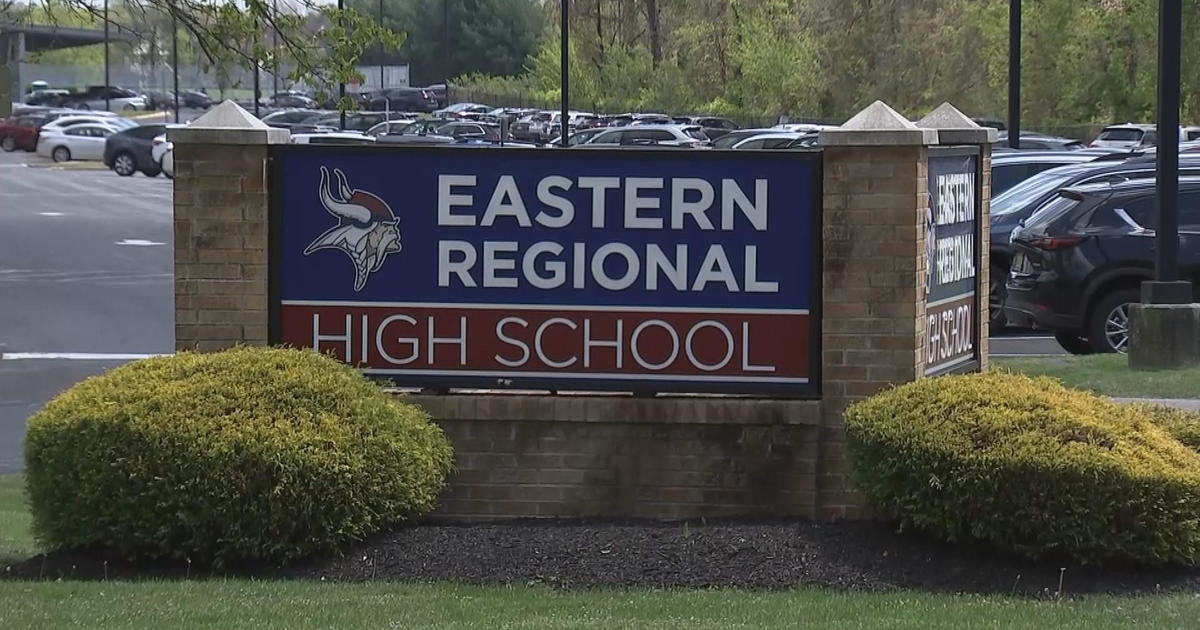New Artificial Intelligence Colonoscopy Aims To Catch 20 Percent More Abnormalities Than Traditional Testing
Follow CBSPHILLY Facebook | Twitter
PHILADELPHIA (CBS) -- Colonoscopies are the best way to prevent colon cancer and now researchers are using artificial intelligence to make them more accurate by finding abnormalities that might otherwise go undetected.
With colon cancer common on both his mother and father's sides, John Gifford is diligent about getting a colonoscopy every five years.
So when his doctor offered a new test using artificial intelligence, Gifford immediately said yes.
Study Reveals Dogs Can Understand Some Words
"We're living in a tech world and so this seems like the next obvious evolution," said Gifford.
The artificial intelligence colonoscopy was designed to spot polyps -- where all colorectal cancers begin -- in a new and better way. Doctors say the artificial intelligence colonoscopy can identify up to 20 percent more abnormalities than a traditional test.
The system uses an algorithm that analyzes 98 images per second as it searches for both formed polyps and even tissue that could become one.
The program shows the results to doctors in real time during the procedure.
"It may actually identify a polyp that we otherwise would have missed," gastroenterologist Dr. William Karnes said.
McDonald's, Burger King Among Nearly Two Dozen Burger Chains Given 'F' Over Antibiotics
In Gifford's case, the test did exactly that -- detecting two polyps that were beginning to form on his colon.
"Something that may not have shown up for another three, four, five years," Gifford said.
It was a potentially live-saving find, thanks to a smarter scan.
The colonoscopy is currently only being offered and tested at the University of California but doctors are hoping to one day make the artificial intelligence screening standard for everyone.



